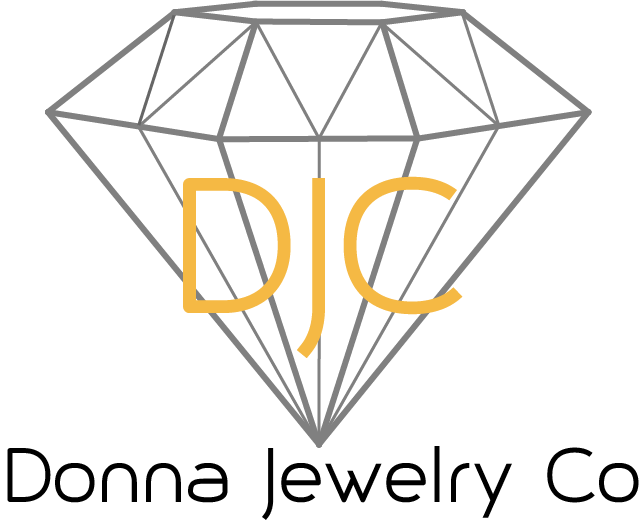At Donna Jewelry, we are proud to say that all of our Diamonds are Conflict-Free.
With our GIA Certified Diamonds, you can be sure that each diamond is goes through rigorous identification standards to ensure they are ethically sourced and conflict-free. Through the Kimberley Process, all diamonds are regulated to stringent standards to control the export and import of rough diamonds to eliminate the trade of conflict diamonds. Today 99% of diamonds in the marketplace are conflict free.
What are Conflict Diamonds?
Conflict diamonds are diamonds illegally traded to fund conflict in war-torn areas, particularly in central and western Africa. The United Nations (UN) defines conflict diamonds as “…diamonds that originate from areas controlled by forces or factions opposed to legitimate and internationally recognized governments, and are used to fund military action in opposition to those governments, or in contravention of the decisions of the Security Council.” These diamonds are sometimes referred to as “blood diamonds.”
Background
Conflict diamonds captured the world’s attention during the extremely brutal conflict in Sierra Leone in the late 1990s. During this time, it is estimated that conflict diamonds represented approximately 4% of the world’s diamond production. Illicit rough diamonds have also been used by rebels to fund conflicts in Angola, Liberia, Ivory Coast, the Democratic Republic of Congo and the Republic of Congo (also known as Congo Brazzaville).
Today, the flow of conflict diamonds has been reduced to considerably less than 1%.
Eliminating Conflict Diamonds In July 2000, the global diamond industry made clear to the international community its zero tolerance policy towards conflict diamonds. Dedicated to eradicating the trade in conflict diamonds, it worked closely with the United Nations, governments and non-governmental organizations (NGOs) such as Global Witness and Partnership Africa Canada to create the Kimberley Process Certification System. This system was formally adopted in 2003 and guards against conflict diamonds entering the legitimate diamond supply chain. The diamond industry also adopted a voluntary System of Warranties to assure consumers that their diamonds are from sources free of conflict.
Today 74 governments have enshrined into their national law the Kimberley Process Certification System, and now more than 99% of the world’s diamonds are from conflict free sources. However, even one conflict diamond is one too many. The diamond industry continues to work with governments, NGOs and the UN to strengthen the Kimberley Process and the System of Warranties.
While diamonds have been used to fund conflict, the problem is not the diamonds themselves but the rebels who exploit diamonds (along with other natural resources) to achieve their illicit goals. The vast majority of diamonds come from countries at peace. These countries have been able to invest the revenue from diamonds into the development of infrastructure, schools and hospitals for the good of the communities in which diamonds are found. These countries include Australia, Botswana, Canada, Namibia, Russia, South Africa and Tanzania.
Today, more than 99% of the world’s diamonds are now from conflict free sources and are officially traded under the UN mandated Kimberley Process.
HOW DIAMONDS HELP THE PEOPLE OF AFRICA
“ The diamond industry is vital to the Southern African economy.”
-Nelson Mandela
FACT: 65% of the world’s diamonds come from African countries.
FACT: The $8.4 billion African diamond industry is one of the fundamental pillars of the African economy.
FACT: Approximately 5 million people have access to health care due to diamond revenues.
FACT: An estimated 10 million people globally are directly or indirectly supported by the diamond industry.
FACT: Revenues from the diamond industry help provide necessary counseling, testing, education, treatment programs, clinics and hospices for HIV/AIDS patients.
FACT: The charity Jewelers for Children funds a community-based care program for orphaned children in South Africa.


